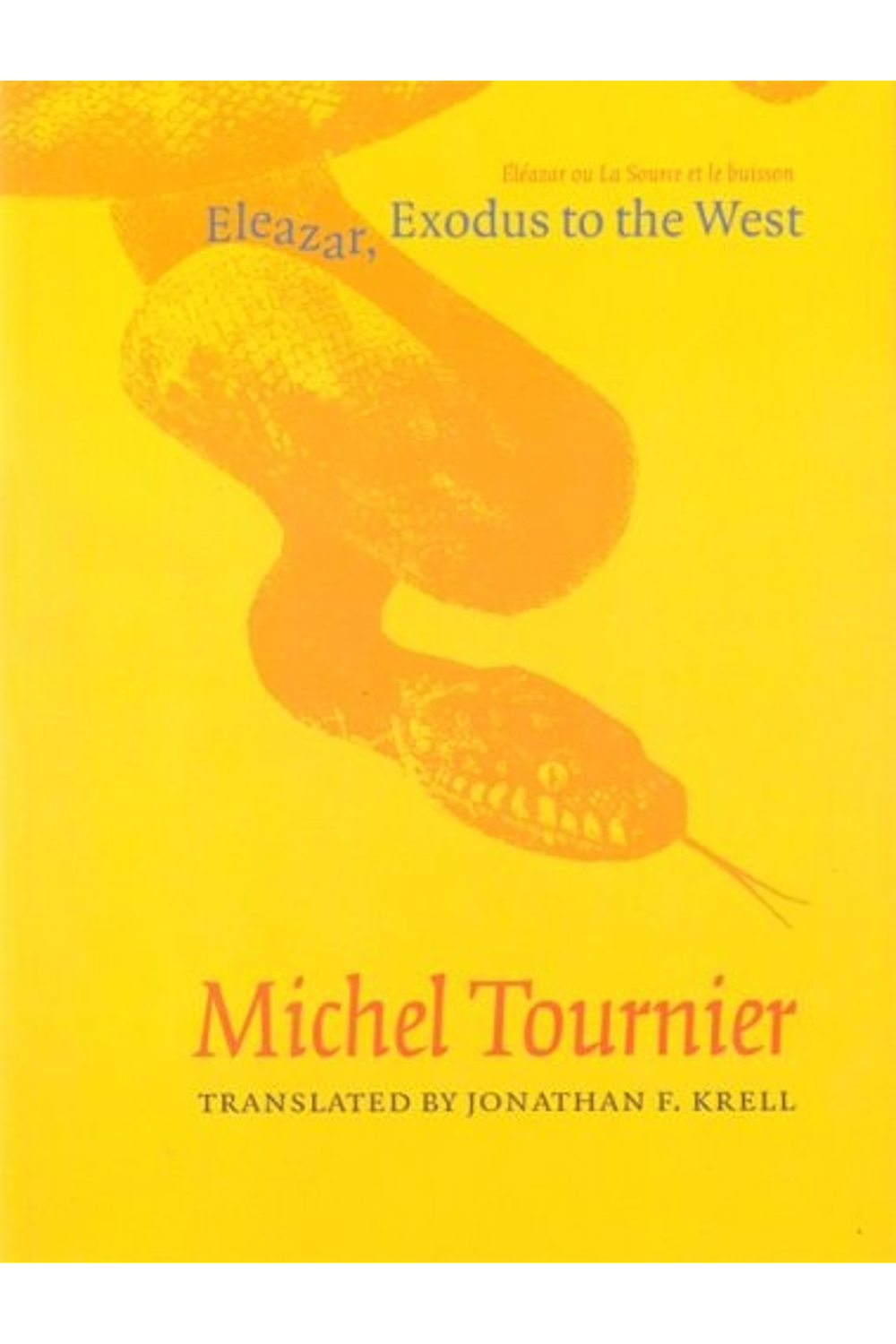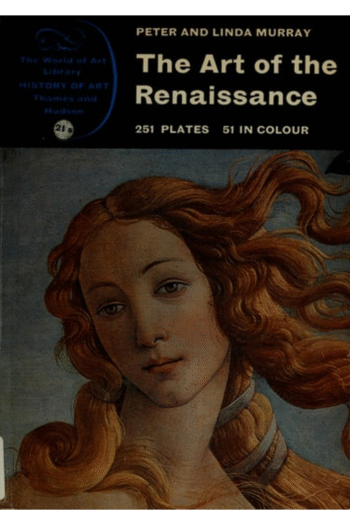Michel Tournier’s “Eleazar, Exodus to the West” (Bison Books, First Edition) reimagines the Exodus story within the 19th-century American frontier. This short, powerful novel follows Eleazar, an Irish minister fleeing a troubled past, as he leads his family west, seeking a promised land that echoes Moses’s journey. Tournier masterfully blends Old Testament themes with the realities of pioneer life, exploring faith, leadership, and the search for redemption amidst the harsh landscape. Its a thought-provoking, concise read for those interested in literary interpretations of history and mythology.
Eleazar, Exodus to the West
22,66 $
In stock
Michel Tournier’s Eleazar, Exodus to the West is a modern successor to two seemingly disparate myths-the biblical adventure of the Exodus and the nineteenth-century myth of the American frontier. The setting is 1845. Eleazar, a Protestant minister, leaves his native Ireland with his wife and two children to emigrate to America. Like the Old Testament Moses, with whom Eleazar comes to identify through the course of the novel, Eleazar has committed a justifiable murder and is forced to leave his home. After landing in Virginia, the family travels west toward what Eleazar believes is the Promised Land of California. While in the Colorado desert, however, he experiences a profound epiphany. He understands for the first time how the prophet Moses was tragically torn between fire and water: between the burning bush, with its power to bring him into contact with the voice of Yahweh, and the banal demands of the Hebrew people in exile, who depended on him to touch his stick to the rock and bring forth water.
Eleazar, Exodus to the West parallels the lives of the two misfits-the Irish minister in the American West and the Hebrew Moses in exile in the desert after leaving Egypt. Tournier sets before us timeless issues and tantalizing questions from our mythological past: Moses’ personality and peculiar relationship with God, fundamental contradictions between the Old and the New Testaments, and our own intimate bond with the eternal symbols of fire and water.
| Authors | |
|---|---|
| Binding | |
| Condition | |
| ISBN-10 | 080329445X |
| ISBN-13 | 9780803294455 |
| Language | |
| Pages | 89 |
| Publisher | |
| Year published | |
| Weight | 137 |
| Edition | First Edition |
- Additional information
- Currencies
- USD – United States dollar
- EUR – Euro
- GBP – Pound sterling
- CNY – Chinese yuan
- BRL – Brazilian real
- MXN – Mexican peso
- JPY – Japanese yen
- PHP – Philippine peso
- THB – Thai baht
- PLN – Polish złoty
- CAD – Canadian dollar
- MYR – Malaysian ringgit
- AUD – Australian dollar
- TWD – New Taiwan dollar
- CZK – Czech koruna
- SEK – Swedish krona
- HUF – Hungarian forint
- ILS – Israeli new shekel
- CHF – Swiss franc
- HKD – Hong Kong dollar
- DKK – Danish krone
- SGD – Singapore dollar
- NOK – Norwegian krone
- NZD – New Zealand dollar





